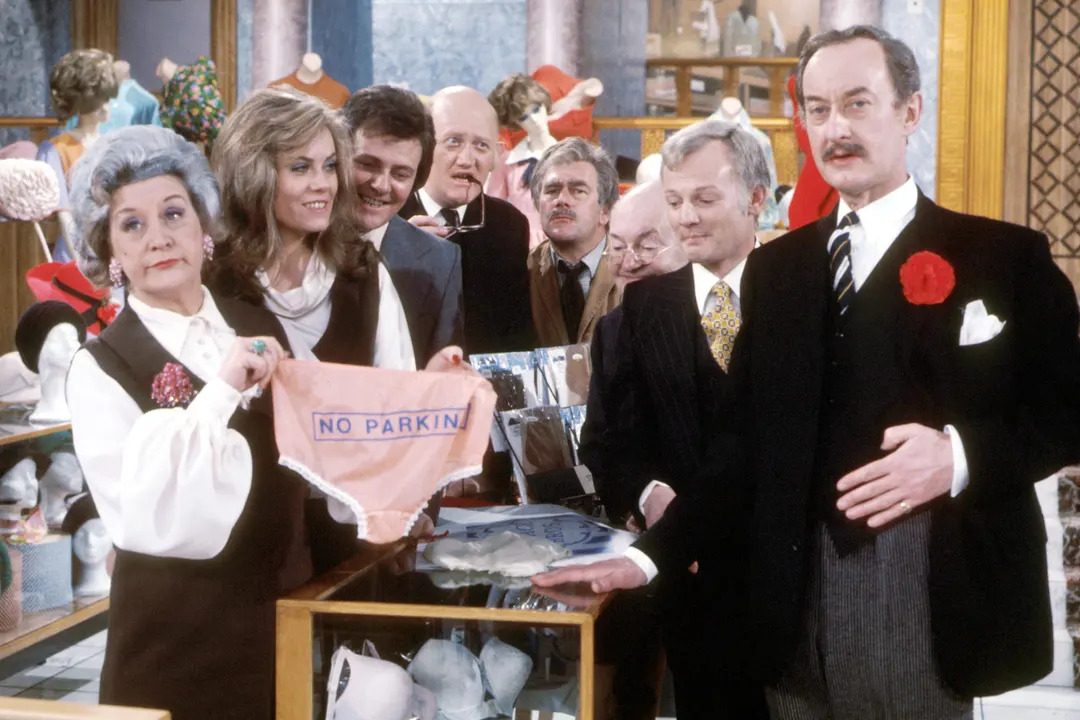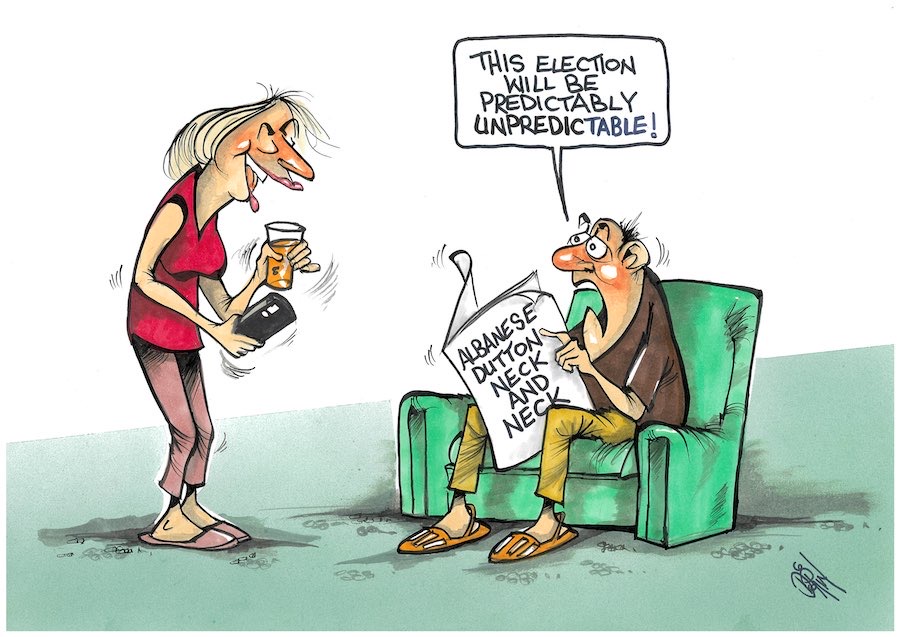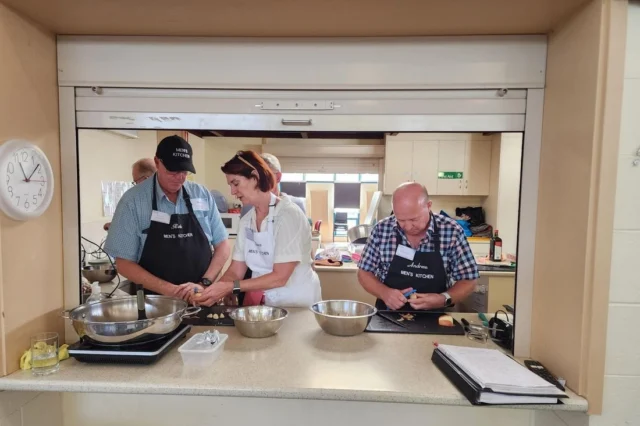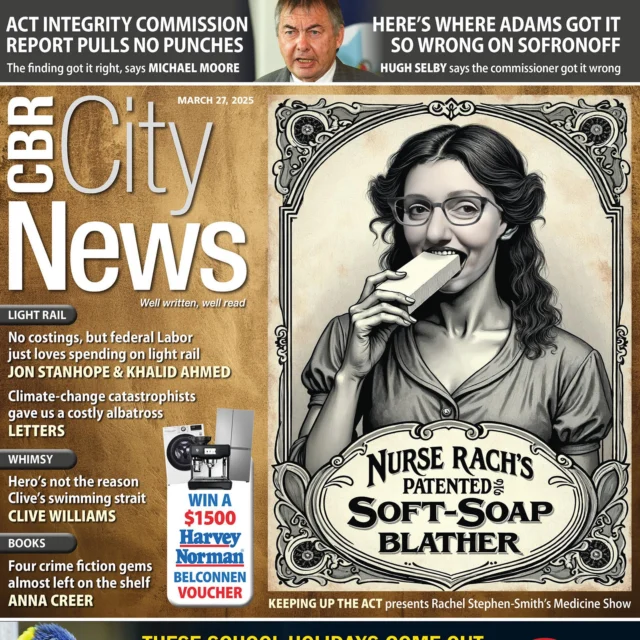
Punnery is a form of wordplay – a play on words that is witty and humorous, writes “Whimsy” columnist CLIVE WILLIAMS.
PUNS have been a part of human communication for centuries, serving as a linguistic tool to amuse and entertain through clever associations.

The beauty of punnery lies in its simplicity and versatility, making it an integral part of literature, humour and everyday conversation.
At its core, a pun is a play on multiple meanings of a word or a phrase that results in a humorous or unexpected twist.
Puns capitalise on the multiple interpretations of words, enabling them to work on different levels and appealing to a wide audience. They often involve homophones, homonyms or similar-sounding words that can be used interchangeably, leading to a fusion of meanings that tickle the intellect.
In literature, puns have been utilised by renowned authors throughout history to add depth and flavour to their works. Shakespeare, the quintessential master of punnery, frequently employed wordplay to create memorable lines that blended humour and meaning.
For instance, in “Romeo and Juliet”, Mercutio’s famous pun – “Ask for me tomorrow, and you shall find me a grave man” – was foreshadowing his death.
The world of comedy, too, thrives on punnery. Stand-up comedians, cartoonists, and jokesters often pepper their performances with puns to elicit laughter and keep their audience engaged.
Puns are particularly popular in dad jokes, a genre of humour that embraces simple wordplay and cringeworthy puns to create laughs and groans. The lowbrow TV comedy “Are You Being Served?” thrived on them.
Puns can also be powerful tools in advertising and branding. Brands often use puns in their taglines, product names and advertisements to make their messages more memorable and establish a unique identity in the market. Multi-storey UK department store “House of Fraser” offers “Temptation on Every Level”.
However, punnery, like any art form, demands finesse and a keen understanding of language and context. An ill-timed or poorly executed pun can fall flat or even be perceived as offensive. A successful pun requires striking a delicate balance between creativity, relevance, and timing.
Here are a few examples (some inevitably groanworthy):
- My best mate and I played a game of hide and seek. It went on for hours… Well, good friends are hard to find.
- I broke my finger last week. On the other hand, I’m okay.
- Someone stole my Microsoft Office and they’re going to pay. They have my Word.
- Why don’t scientists trust atoms?
Because they make up everything. - She had a photographic memory, but never developed it.
- Smaller babies may be delivered by stork but the heavier ones need a crane.
- Don’t spell part backwards. It’s a trap.
- And the Lord said unto John: “Come forth and you will receive eternal life.” But John came fifth and missed out.
- What is the best thing about living in Switzerland? Well, the flag is a big plus.
- My ex-wife still misses me. But her aim is starting to improve.
- The past, the present and the future walk into a bar.
It was tense. - There was a kidnapping at school yesterday.
- Don’t worry, though – he woke up.
- Sure, I drink brake fluid. But I can stop anytime
- How did I escape Iraq? Iran.
- To the mathematician who thought of the idea of zero. Thanks for nothing!
- Son: “Dad, can you tell me what a solar eclipse is?”
- Dad: “No sun.”
- My maths teacher called me average.
How mean! - Receptionist: “Doctor, there’s a patient on the phone who says he’s become invisible.”
- Doctor: “Well, tell him I won’t see him.”
Clive Williams is a Canberra columnist.
Who can be trusted?
In a world of spin and confusion, there’s never been a more important time to support independent journalism in Canberra.
If you trust our work online and want to enforce the power of independent voices, I invite you to make a small contribution.
Every dollar of support is invested back into our journalism to help keep citynews.com.au strong and free.
Thank you,
Ian Meikle, editor









Leave a Reply